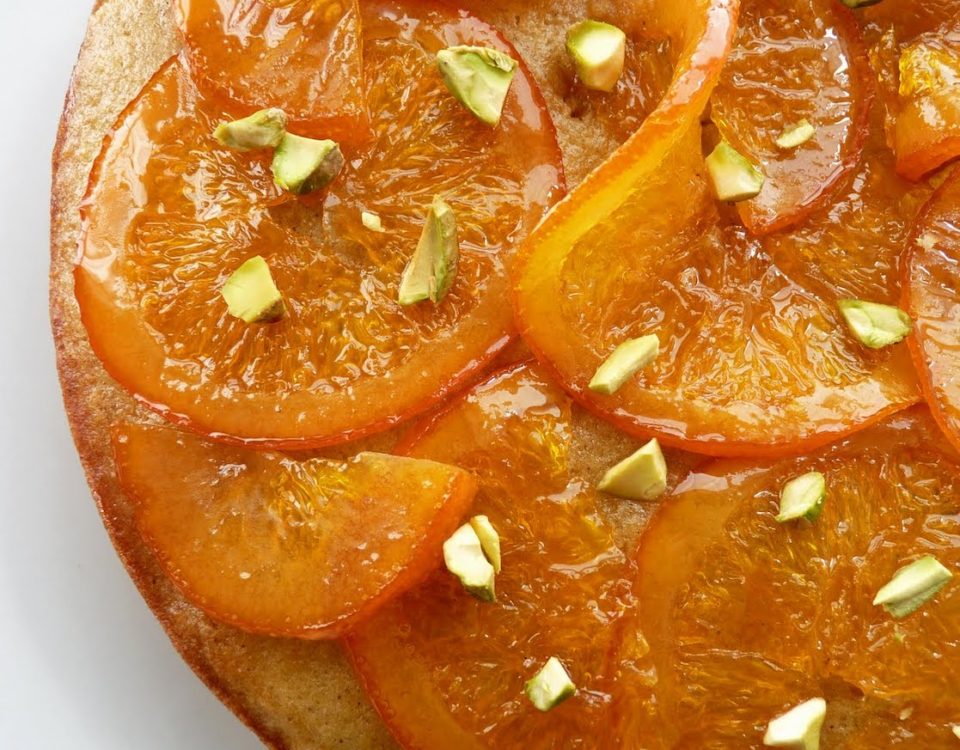- CALL US 877 221 NUTS (6887)
Growing Cashew
Growing Cashew
Growing Cashew provides a lot of health benefits when consumed. They are popular in many ethnic cuisines and can serve numerous functions as supplement source and vaults for healthy body nutrients. Growing Cashew is native to Brazil and although cashew is not grown in the United States, they are popular in Vietnam, Nigeria, and India according to a report by the University of Georgia. Understanding how this yummy fruit producing tree grows may appear mysterious. Many American and European natives.
How Does Growing Cashew Happen?
Surprisingly, cashew is in fact not the fruit of the tree but an extension or more expressly a by-product of the cashew tree. Technically, the cashew nut itself is the tree fruit while the fleshy and juicy fruit is just an extension. Unlike the false fruit which is highly edible though highly perishable, the nut can stay alive and worthy of replanting for up to 4 months even after harvesting from the cashew tree.
Growing cashews is not altogether a difficult task. Growing Cashews can be achieved from seeds, layering, and grafting. To grow cashew from seeds, you’ll require a mature unshelled nut of not more than 4 months from the time of harvesting. (You can’t find this in the store. Cashew possesses a hard shell and the one on the shelf has been soaked in hot water to break their hardened shell and therefore not suitable for planting).
Good Soil
Cashew usually requires good soil, a healthy amount of sunshine, water and fertilizer to thrive. The tree needs at least 6 hours of sunshine to thrive and doesn’t grow well in circumstances of low sunlight. Low sunlight can also create a deficiency in fruit production. A PH level of 5.5 in a laterite soil is necessary for optimal cashew growth. Growing cashew with clay can be a bad practice as the fruit often requires a soil type that supports ease of water flow across its system.
Growing Caring for Cashew Tree
Cashew can be wild and self-sustaining when it’s fully mature and may not require much gardening for survival. Pruning dead twigs, leaves and weak branches can help rejuvenate the tree’s development and fruit productivity. Mulching can also help prevent weeds and conserve moisture. The cashew tree is often free from pest and diseases if in good health. Blossom Webber, teak mosquitoes, leaf miner and root borer are pests that attack cashew. The cashew tree can be of numerous benefits. Cashew fruits are popular for their delicious taste and flavored sugary juice. Cashew butter can also replace peanut butter which can be spread over bread and used as an ingredient in other meals. Most dieticians agree that the cashew fruit embodies essential vitamins and micronutrients which incline one towards a healthier life.


 Free Shipping
Free Shipping


1 Comment
Love the growing content on your site!
Regards.
Bob